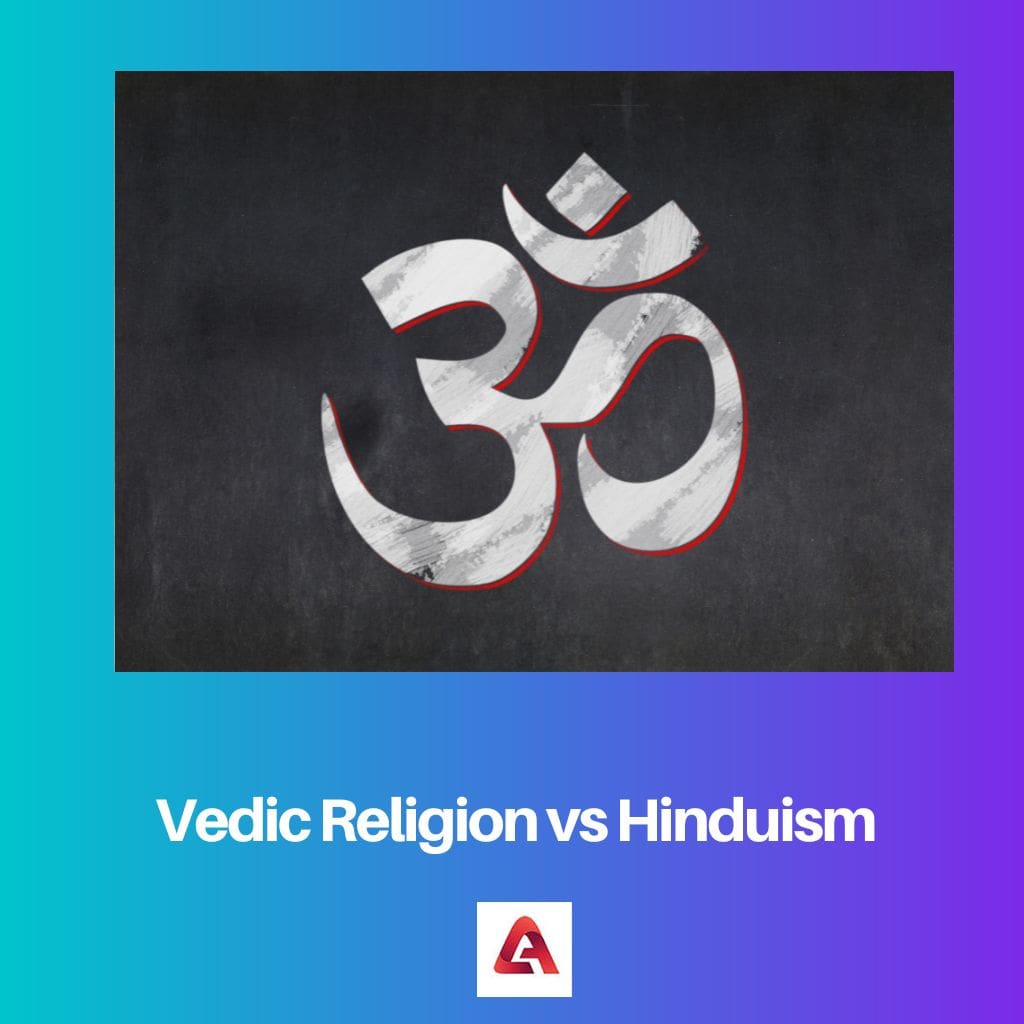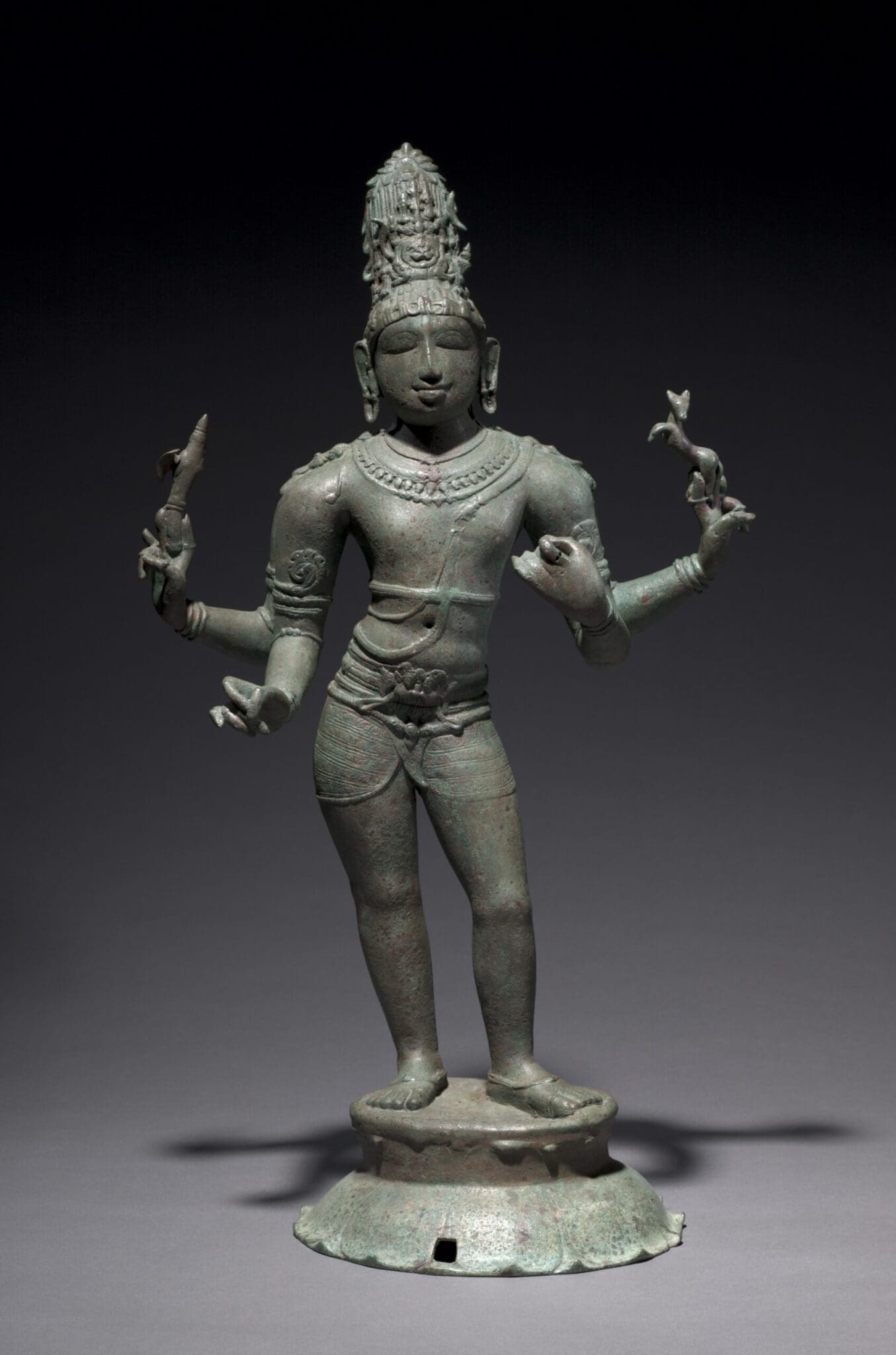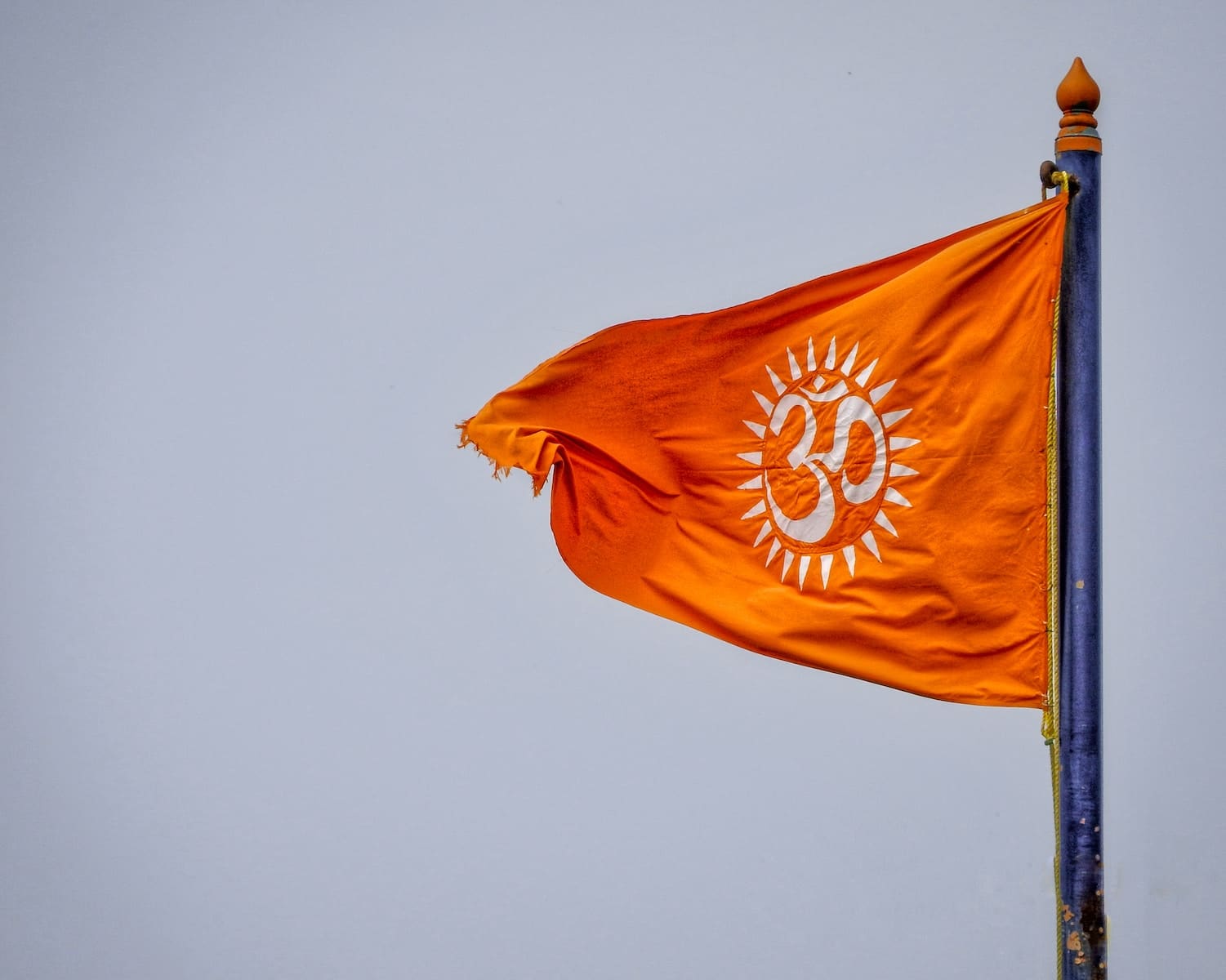Vedic religion and Hinduism are both religions based on the Vedas, a series of books that contain religious teachings. Both of these religions are polytheistic, meaning that they believe in multiple gods.
They also have a strong belief in reincarnation, as well as karma. However, they have differences.
Key Takeaways
- Vedic religion, the precursor to Hinduism, was primarily based on the sacred texts called the Vedas, while Hinduism encompasses various beliefs, rituals, and practices derived from later texts and traditions.
- Vedic religion mainly focused on ritual sacrifices and hymn recitations, whereas Hinduism emphasizes personal devotion, meditation, and yoga.
- Vedic religion had a rigid caste system, while Hinduism has evolved to incorporate more social flexibility and inclusiveness.
Vedic Religion vs Hinduism
The difference between Vedic Religion and Hinduism is that though both Vedic religion and Hinduism have overlapping concepts, they are two separate religions. The Vedic religion is based on the Vedas, epic Sanskrit texts. Hinduism is a religion that was built upon the Vedic religion, incorporating a variety of other religious traditions as well.

Vedic religion is the oldest religion in the world. The Vedic religion means that the religion originated in the Vedas.
The Vedas, or the sacred books,, are considered the source of all knowledge of the Vedic religion and are believed to have been composed before 1500 BC. Hinduism is an ancient religion that originated in the Indian subcontinent.
Followers of Hinduism are called Hindus. Hinduism is a conglomeration of diverse philosophies, ideas, traditions, and practices that originated from the ancient Vedic culture; however, there are differences in their beliefs and traditions.
Comparison Table
| Parameters of Comparison | Vedic Religion | Hinduism |
|---|---|---|
| Dates back to | Vedic Religion is older than Hinduism. | Hinduism is said to have originated as a way of life from the Vedic religion. |
| Principle Deities | The deities of Vedic religion were focused on the elements of the Earth, like Agni, Vayu, Surya, etc. | Hinduism worships deities like Durga, Ganesh, Krishna, etc. |
| Principle Belief | The Hindus follow many books. | Hinduism mainly believes in karma and believes in rituals performed dedicated to God. |
| Sacred Books | The sacred books are the Vedas. | Hinduism is primarily based on idol worship as well as temples and shrines. |
| Temples | Vedic Religion did not believe in temple or idol worship. | Hinduism is largely based on idol worship as well as temples and shrines. |
What is Vedic Religion?
The term “Vedic religion” is used to denote the religious traditions and beliefs of the ancient Vedic civilization of India.
While a minority in India still practises the ancient traditions and myths of the Vedic civilization and have had a significant impact on other Indian religions, the term “Vedic religion” is used to denote Hinduism as it is known today.
Although the Vedas (the most ancient texts of Hinduism) are among the most important sacred texts in Hinduism, it is not a religion in the Western sense because Hindus are not indoctrinated into specific beliefs and practices.
The Vedic religion is a religion practised in India, thought to have been founded in the 1700s, and it’s one of the largest religions in India.
Followers believe in a supreme being and other deities and practice what are referred to as yoga and meditation. The Vedic religion has been associated with Hinduism, but it’s different.
Followers believe that the supreme being is the first and original being. Everything else is created from it.
They worshipped the elements of the Earth-like Agni, Vayu, etc. The followers of the Vedic religion perform rituals, worship God through prayer and participate in festivals.

What is Hinduism?
Hinduism is a group of religious traditions native to the Indian subcontinent. It includes Shaivism, Vaishnavism, Shaktism, and Smartism.
It’s one of the oldest religious traditions on Earth, dating back over 5,000 years. There are roughly one billion Hindus around the world who practice and practice freely.
Hinduism has influenced many other religions, including Buddhism and Jainism. It’s so old that it’s hard to pinpoint where it comes from, but many scholars agree that it originates with the Aryans who migrated to India.
Religion is a set of beliefs and practices, while a way of life is a person’s full range of activities and behaviours. It is also hard to pinpoint when Hinduism was formed, as the Indian culture has been evolving for thousands of years.
Hinduism has no single founder or a single theological centre. It is the world’s third-largest religion after Christianity and Islam.
It has a large number of deities and a vast body of scriptures. Hinduism is a religion, also called Sanatana Dharma, or “Eternal Law,” as it is believed to be the original religion of the human race and the source of other faiths.
Hindus recognize many gods and goddesses. Secondly, Hinduism also believes in continuing the cycle of life, death, and rebirth.

Main Differences Between Vedic Religion and Hinduism
- Some concepts that are shared are reincarnation and karma. However, reincarnation in Vedic religion is more based on the cycle of life and death, whereas Hindu reincarnation is based on fate.
- The Vedic religion is more based on strength and control, whereas Hinduism focuses more on finding inner strength.
- The goals of Vedic religion are focused on being able to conquer the inner self and improve yourself. Hinduism aims to reach the state of moksha, or freedom from the cycle of death and rebirth.
- The difference between Veda and Hinduism is that Hinduism is a religion, and Veda is a collection of religious texts.
- Vedic Religion is one of the oldest religions in the world. It is also one of the oldest forms of Hinduism.
References
- https://www.journals.uchicago.edu/doi/pdf/10.1086/462738
- https://books.google.com/books?hl=en&lr=&id=KpIWhKnYmF0C&oi=fnd&pg=PR10&dq=hinduism&ots=5LNw_NIqsX&sig=JAJFecHaMB2rd9Lv5PI02FzDLJM

The comparison table is very informative
I guess the main difference highlighted is the principles of deities and beliefs. This article is insightful and provides clear differentiation.
The post does a great job of pointing out the core differences between the Vedic Religion and Hinduism. I feel like a lot of people misunderstand these religions.
This article explains the history and main differences between the Vedic Religion vs Hinduism. I didn’t know that Hinduism is a group of religious traditions native to the Indian subcontinent.
The article discusses the fundamental principles of Vedic Religion and Hinduism and how they differentiate from one another. Very thorough
The article is a great source of knowledge, but I think adding citations or sources that support the provided information would add credibility.